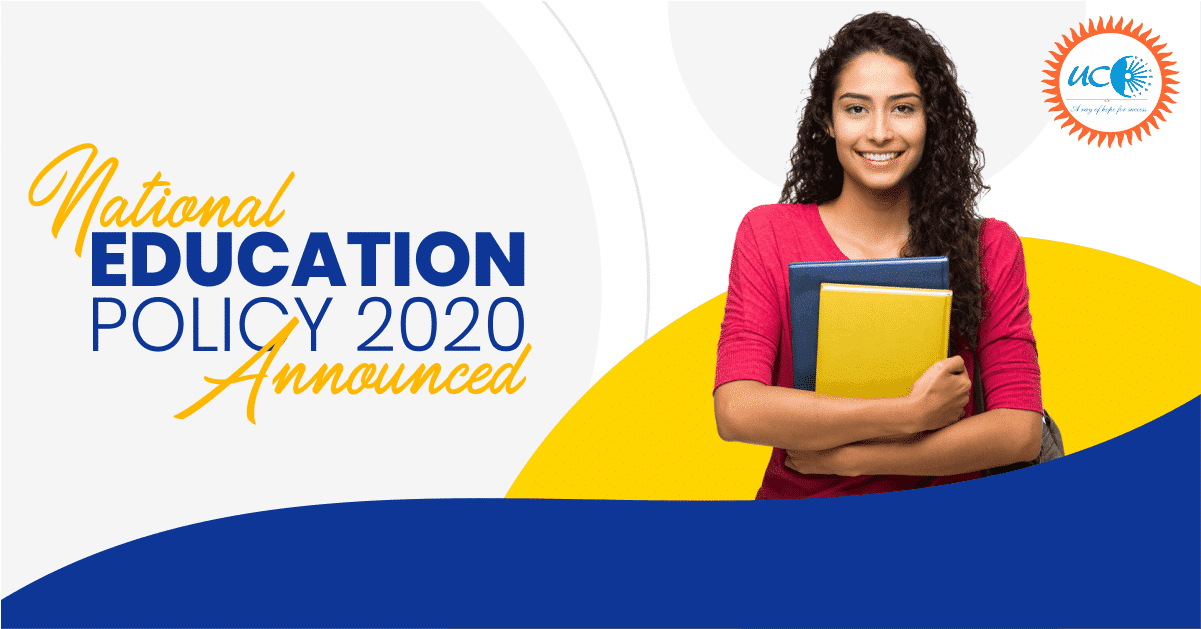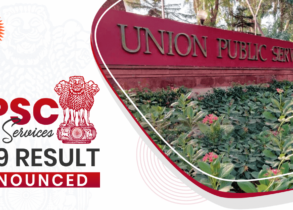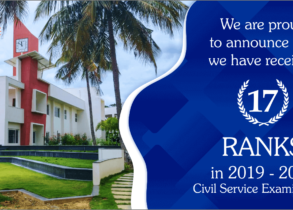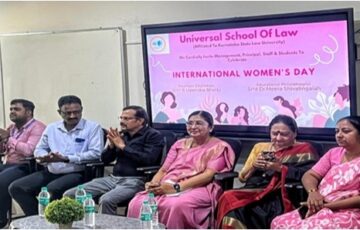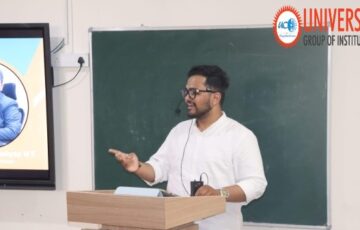National Education Policy 2020
National Education Policy 2020
The Central Government on August 5th confirmed India’s new National Education Policy 2020, which provides important reforms in higher education, increased focus on non-academic skills and increased inclusion through language diversity and course fluidity. The Union Minister Prakash Javadekar said, “The Cabinet under Prime Minister Narendra Modi has given approval to a new education policy for the 21st century. It is important, as for 34 years there were no changes in the education policy.”
School Education:
Universal Access: The NEP 2020 has provisions to ensure universal access to school education at all levels from pre-school to secondary.
Some are infrastructure support, innovative education centres, tracking of students and their learning levels, facilitating multiple pathways to learning involving both formal and non-formal education modes and association of counsellors. This will target about 2 crores out of school children into the mainstream.
Early Childhood Care & Education: The 10+2 structure of school curricula is to be replaced by a 5+3+3+4 curricular structure corresponding to ages 3-8, 8-11, 11-14, and 14-18 years respectively. This will bring the uncovered age group of 3-6 years under the school curriculum, which has been recognized globally.
Attaining Foundational Literacy and Numeracy: A National Mission on Foundational Literacy and Numeracy will be set up by the MHRD. States will prepare an implementation plan for attaining universal foundational literacy and numeracy in all primary schools for all learners by grade 3 by 2025.
Reforms in School Curricula and Pedagogy: The school curricula will aim for the development of learners by equipping them with the key 21st-century skills, reduction in curricular content to enhance essential learning and critical thinking and a greater focus on experiential learning.
Multilingualism and the Power of Language: The NEP 2020 advocates for mother-tongue/local language/regional language as the medium of instruction at least till Grade 5, but preferably till Grade 8 and beyond. Sanskrit to be offered at all levels of school and higher education as an option for students, including in the three-language formula.
Assessment Reforms: With NEP 2020, the Centre hopes to shift from summative assessment to a more competency-based regular assessment which tests analysis, critical thinking and conceptual clarity. All students will take school examinations in Grades 3, 5, and 8. Board exams for Grades 10 and 12 will be continued but redesigned.
Equitable and Inclusive Education: NEP 2020 provides for setting up of Gender Inclusion Fund and also Special Education Zones for disadvantaged regions and groups. Children with disabilities will be enabled to fully participate in the regular schooling process from the foundational stage to higher education.
Higher Education:
Increase GER to 50% by 2035: NEP 2020 aims to increase the Gross Enrolment Ratio in higher education including vocational education from 26.3 percent (2018) to 50 percent by 2035. At least 3.5 crore new seats will be added to higher education institutions.
Financial support for students: Efforts will be made to incentivize the merit of students belonging to SC, ST, OBC, and other SEDGs. The National Scholarship Portal will be expanded to support, foster, and track the progress of students receiving scholarships. Private HEIs will be encouraged to offer larger numbers of free ships and scholarships to their students.
Open and Distance Learning: This will be expanded to play a significant role in increasing GER. Measures such as online courses and digital repositories, funding for research, improved student services, credit-based recognition of MOOCs, etc, will be taken to ensure it is at par with the highest quality in-class programmes.
Online and Digital Education: A dedicated unit for the building of digital infrastructure, digital content and capacity building will be created in the MHRD to look after the e-education needs of both school and higher education.
Promotion of Indian Languages: To ensure the preservation, growth, and vibrancy of all Indian languages, NEP recommends setting an Indian Institute of Translation and Interpretation (IITI), National Institute (or Institutes) for Pali, Persian and Prakrit, strengthening of Sanskrit and all language departments in HEIs, and use mother tongue/local language as a medium of instruction in more HEI programmes.

